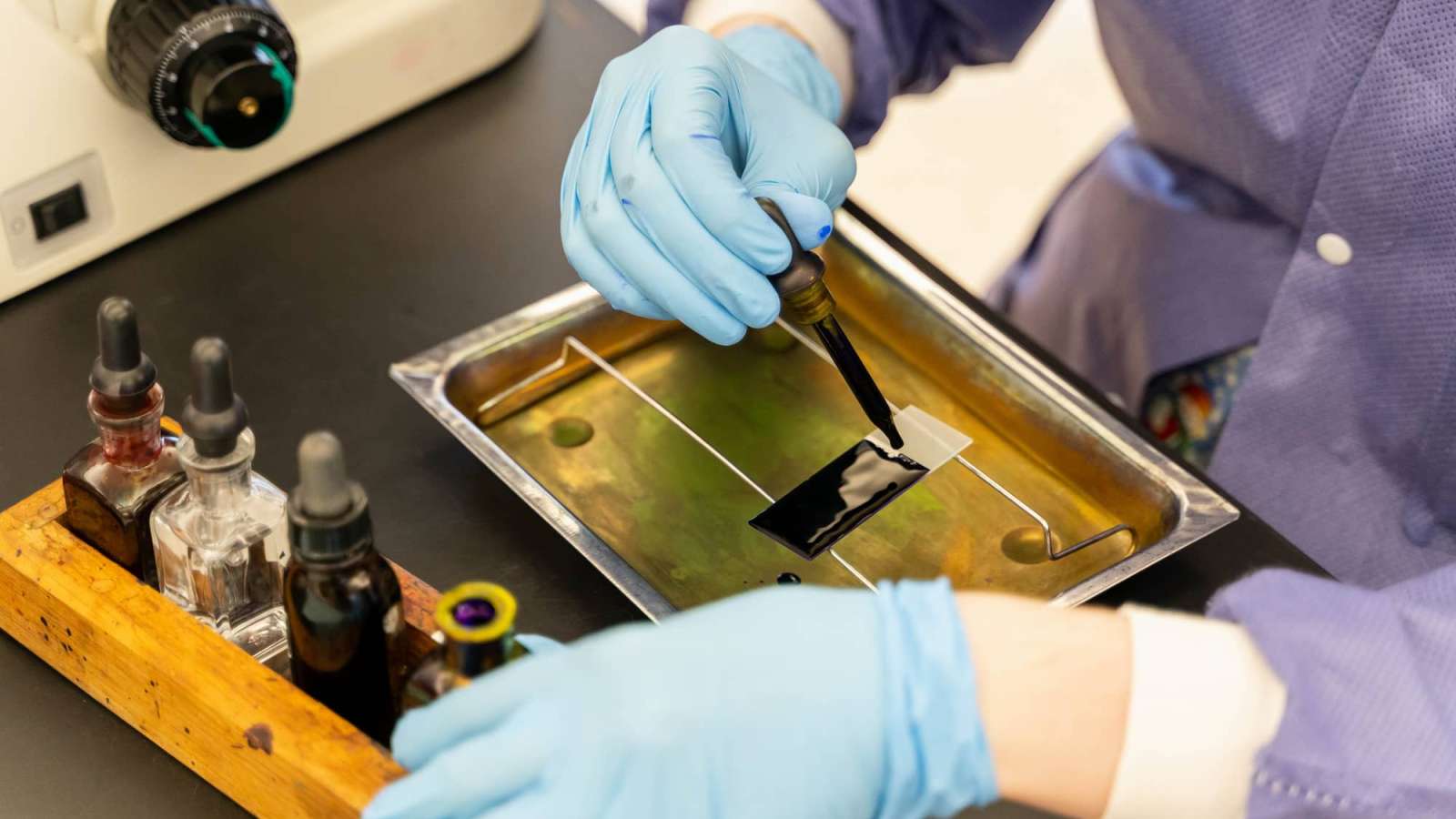College 101 (10890165)
Examines proven strategies designed to help learners achieve greater personal, academic, and professional success. Learners will apply personal responsibility thinking and behaviors; self- management, awareness, and motivation strategies; as well as interdependence skills to develop a proactive life plan.
View Course Dates & Times
This table provides a quick look at how this course is being offered. Please note that course section availability, dates, times, instruction modes and locations are subject to change, so be sure to confirm details closer to registration.
| Section | Status | Start/End Date | Register By | Instruction Mode | Campus | Meeting Information |
|---|---|---|---|---|---|---|
| 03 Spring | Open |
Mar 23 –
May 18
|
Mar 28 | In-Person | Wausau Main Campus |
Mar 23 – May 18
Monday
12:00 PM - 01:50 PM
A211 - Classroom - A Building
Sarah Watson
|
| 14 Spring | Waitlist |
Mar 23 –
May 22
|
Mar 28 | Online Required Due Dates | Online |
Mar 23 – May 22
-
Online
Amy Denissen
|
| 15 Spring | Open |
Mar 23 –
May 22
|
Mar 28 | Online Required Due Dates | Online |
Mar 23 – May 22
-
Online
Amy Denissen
|
| 16 Spring | Waitlist |
Mar 23 –
May 22
|
Mar 28 | Online Required Due Dates | Online |
Mar 23 – May 22
-
Online
Brad Gast
|
| 17 Spring | Waitlist |
Mar 23 –
May 22
|
Mar 28 | Online Required Due Dates | Online |
Mar 23 – May 22
-
Online
Brad Gast
|
| 18 Spring | Open |
Mar 23 –
May 22
|
Mar 28 | Online Required Due Dates | Online |
Mar 23 – May 22
-
Online
May Thao
|
| 19 Spring | Open |
Mar 23 –
May 22
|
Mar 28 | Online Required Due Dates | Online |
Mar 23 – May 22
-
Online
May Thao
|
| 20 Spring | Open |
Mar 23 –
May 22
|
Mar 28 | Online Required Due Dates | Online |
Mar 23 – May 22
-
Online
Sara Bartelt
|
| 21 Spring | Open |
Mar 23 –
May 22
|
Mar 28 | Online Required Due Dates | Online |
Mar 23 – May 22
-
Online
Sara Bartelt
|
| 22 Spring | Open |
Mar 23 –
May 22
|
Mar 28 | Online Required Due Dates | Online |
Mar 23 – May 22
-
Online
Matt Hoenecke
|
